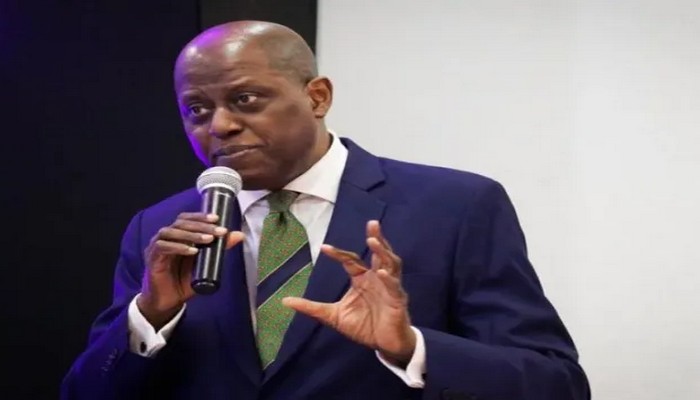
By David Akinmola
The Central Bank of Nigeria (CBN) has set in motion sweeping reforms to assert direct control over Nigeria’s fixed-income market, a move that has ignited sharp regulatory debate within the financial sector.
According to a circular issued by the CBN’s Financial Markets Department, starting November 3 2025 the Bank will begin migrating settlement of government securities to its own infrastructure, followed by the activation of a CBN-sponsored trading platform slated for December 1.
The objective, the CBN says, is to enhance transparency, streamline operations and strengthen supervisory oversight of fixed-income transactions.
But the reform has triggered concerns from analysts and market operators who warn that the overhaul may blur lines of regulatory authority and cloud investor confidence. Under the Investment and Securities Act 2025 (ISA 2025) the Securities and Exchange Commission (SEC) is designated as the regulator for securities markets, including bonds and other fixed-income instruments.
With the CBN now moving to directly run trading and settlement for government securities, some stakeholders argue the change could erode institutional clarity and create overlapping jurisdiction.
Banks and pension fund administrators are also scrutinising the reform. Data show that Nigeria’s largest banks — collectively the “FUGAZ” group — held about ₦49.15 trillion in investment securities and T-bills as of September 2025, earning around ₦4.8 trillion in interest income — underscoring how critical the fixed-income market has become for financial institutions.
Market participants fear the reform may disrupt this ecosystem if execution is rushed or unclear.
The CBN, for its part, emphasises collaboration with the Financial Markets Dealers Association (FMDA) and insists the changes will be staged to minimise disruption. User-acceptance testing for the new system is scheduled for October, followed by a pilot phase running alongside the current system.
Supporters say the Bank’s move can improve end-to-end visibility of trade flows, enhance monetary policy transmission and boost market integrity. One economist noted: “The CBN wants end-to-end settlement visibility, which enables them to know exactly where the market is heading and adjust policy tools accordingly.”
Yet others caution that by becoming both market operator and regulator the CBN may expose itself to “player and referee” conflicts, potentially undermining confidence among foreign investors.
The reform comes at a time when the Nigerian financial system is under pressure to strengthen transparency, governance and investor protection. But the way in which the fixed-income market is restructured will likely determine whether the overhaul delivers the promised benefits or breeds regulatory uncertainty.
With the deadline for transition approaching, all eyes are on how the CBN, SEC, FMDA and other stakeholders manage coordination, regulatory clarity and market stability critical factors if Nigeria is to maintain the credibility and attractiveness of its fixed-income space.






